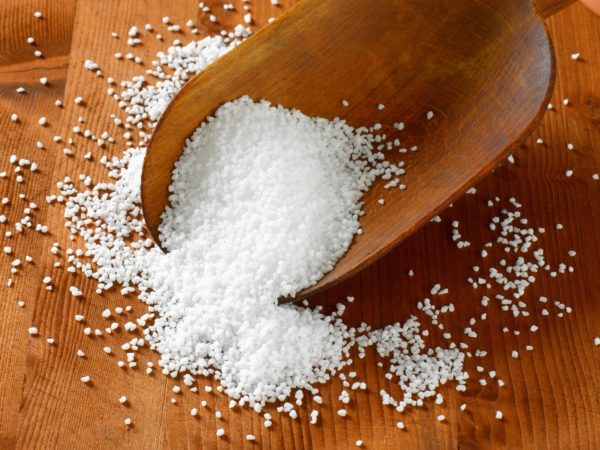Worried About Iodine Deficiency?

Iodine, a non-metallic mineral, is required by humans in trace amounts for proper development and growth. An iodine deficiency can lead to an enlarged thyroid gland (goiter) and deficient levels of thyroid hormone. Classic symptoms include slowed metabolism and weight gain, as well as other symptoms such as fatigue and intolerance of cold. It can also cause neurological, gastrointestinal and skin abnormalities.
Humans need at least 150 mcg of iodine per day. Daily intakes of up to 1,100 mcg daily for adults and children over four are considered safe.
I prefer and believe you can get iodine naturally by eating saltwater fish and seafood, kelp and other sea vegetables as well as vegetables grown in soils that contain iodine. Dairy products also provide iodine if the animals graze on plants growing in iodine-rich soils. If you are eating a healthy, balanced, varied diet, you’re probably getting enough iodine. However, if you eat mostly processed foods, don’t rely on them for your iodine requirements: the salt processed foods contain is often not iodized. Incorporate more of the whole foods mentioned above to boost your iodine intake. You can also use unrefined (gray) and refined (white) sea salt – they do not have the additives such as aluminum compounds to prevent caking that commercial salts do, and sea salt contains trace amounts of iodine.
If you choose to supplement iodine, but sure to discuss with your health care provider. While getting enough is a good idea, overdoing supplementation can actually increase the presence of auto-immune conditions that can attack the thyroid gland.
Today’s Health Topics
Editor's Pick
Health Focus
Ask Dr. Weil's Q&A
| sponsor | ||
 |
||
|
||
|











